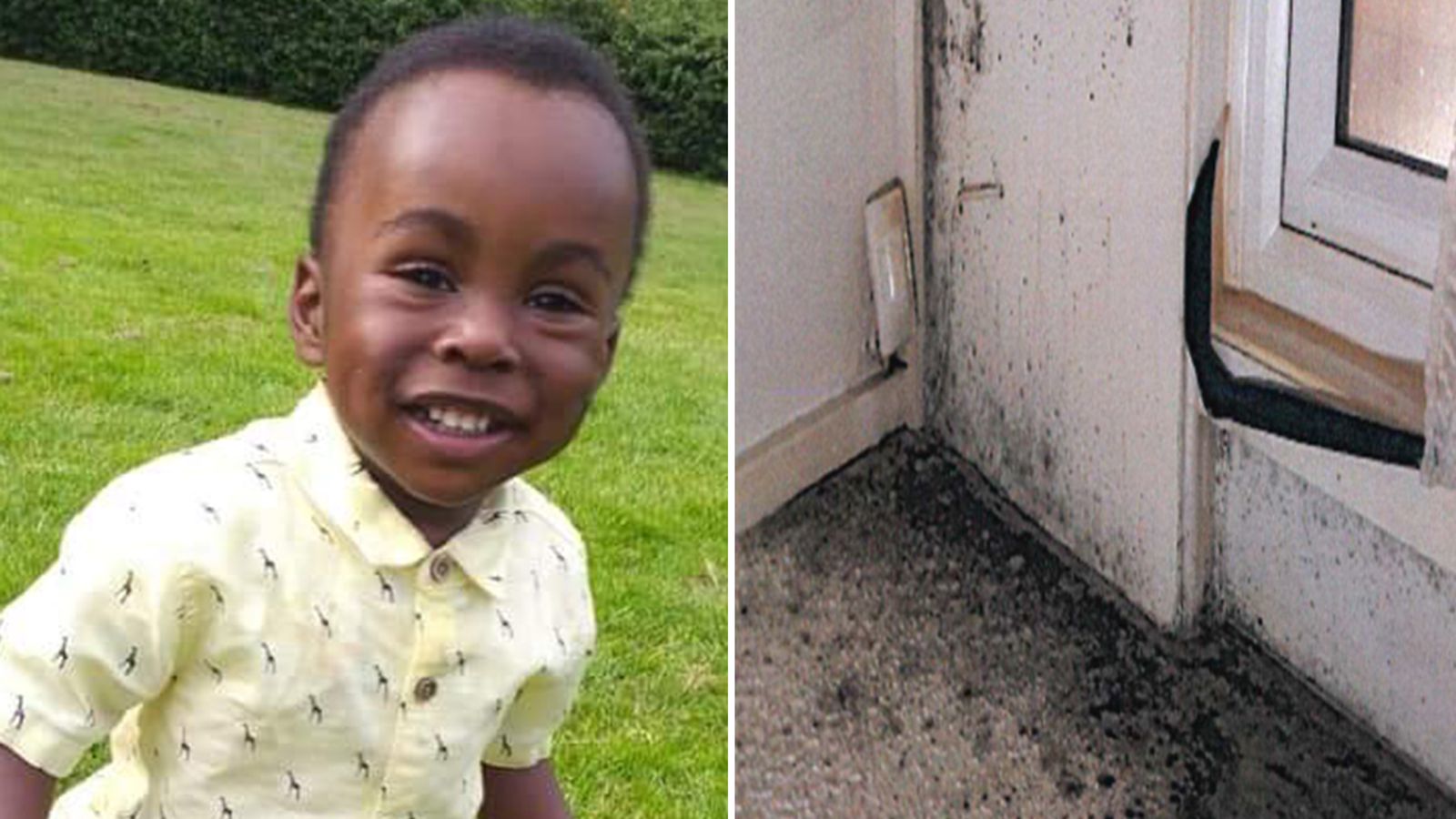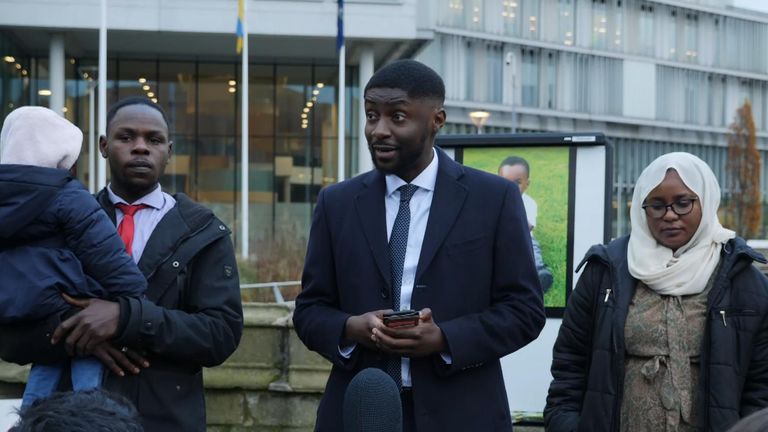The father of a two-year-old boy who died after exposure to mould at his housing association flat has backed proposals to bring in a strict time frame for landlords to fix problems.
The new requirements are part of a consultation on measures under legislation named after Awaab Ishak.
Awaab died in December 2020 from a respiratory condition caused by prolonged exposure to mould in his home in Rochdale, Greater Manchester.
The tragedy sparked widespread calls for change after an inquest heard how action to treat and prevent the mould was not taken – despite the boy’s father repeatedly raising the issue with Rochdale Boroughwide Housing (RBH).
Under proposals which have gone out for consultation today, social landlords will be required to investigate hazards within 14 days.
They will have to start fixing the hazards within a further seven days, and make emergency repairs within 24 hours.
The consultation proposes that landlords who fail to act on issues within the timeframe can be taken to court where they might be ordered to pay compensation to tenants.
Awaab’s father has insisted landlords must listen to tenants’ concerns and said he hopes legislation in his son’s name can prevent other families facing their painful experience.
Faisal Abdullah said: “We hope that Awaab’s Law will stop any other family going through the pain that we went through.
“Landlords need to listen to the concerns of tenants and we support these proposals.”
The department for Levelling Up, Housing and Communities said that under the new measures, landlords would be expected to keep clear records to improve transparency for tenants, in order to avoid “dither and delay to rectify people’s homes”.
Housing Secretary Michael Gove said the proposals will ensure “rogue landlords face the full force of the law”.
“Today is about stronger and more robust action against social landlords who have refused to take their basic responsibilities seriously for far too long,” he said.
“We will force them to fix their homes within strict new time limits and take immediate action to tackle dangerous damp and mould to help prevent future tragedies.”
The department said the consultation is the latest step in addressing “systemic issues” with housing identified in the wake of the Grenfell Tower fire, including how tenants are treated by their landlords as well as the general safety and quality of social housing.
The consultation was launched just as the UK’s largest housing association was separately ordered to pay thousands in compensation after failing to deal promptly with residents’ complaints on damp, mould and leaks.
In its latest report, the Housing Ombudsman made a finding of severe maladministration in three separate cases involving Clarion Housing.
The housing association apologised to residents for its “shortcomings” as it was ordered to pay £10,800 to the affected households in London and Kent.
The ombudsman said there had been “delay, poor communication and ineffective action” from the housing group, with residents in each case having had to go to “extraordinary lengths for the landlord to take action, which should not have been necessary”.
The cases included a failure to rectify leaks over a five year period, and children being forced to move into the living room to escape mould.

